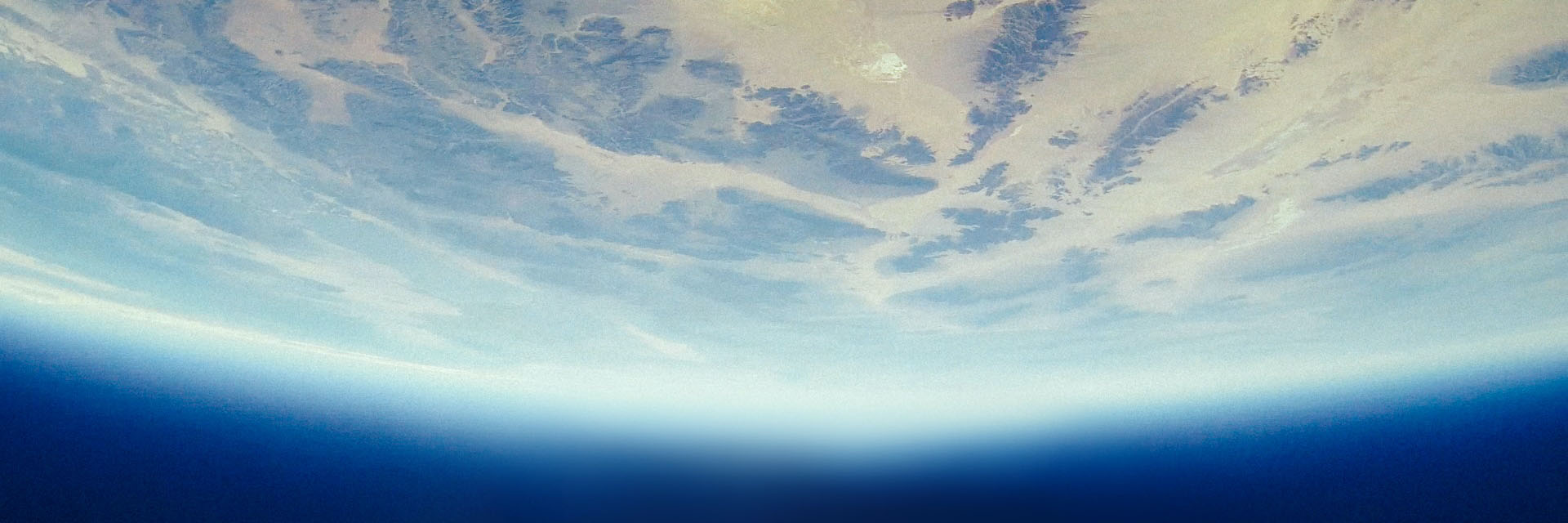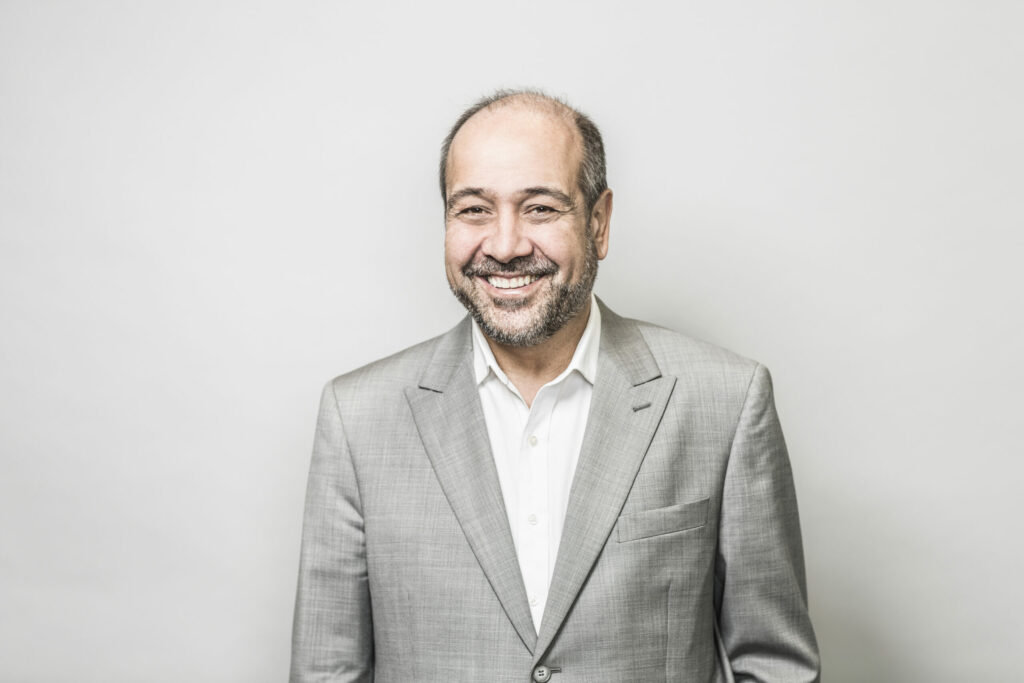
York University Professor Spiros Pagiatakis received the Canadian Geophysical Union’s J. Tuzo Wilson Medal, which recognizes a Canadian scholar’s outstanding contributions throughout their career to the geosciences – the study of the Earth – and counts as the highest national honour earned by those in the field.
“I am deeply honoured and privileged to be awarded the highest accolade of geosciences and join the previous 45 laureates,” says Pagiatakis of the medal, which was given to him in recognition of a lifetime of contributions to the advancement of knowledge and education in Canadian geosciences. He is only the third York-affiliated person to receive the award.

Pagiatakis joined York U in 2001, after already having made a nearly decade-long impact in the field as a lead senior research scientist for the federal Department of Natural Resources Canada. In both his professional and academic careers, Pagiatakis has dedicated himself to the study of the Earth as observed from terrestrial and space platforms, with highly innovative work and discoveries starting from the Earth’s inner core motions. He has specialized in measuring and understanding the planet’s geometric and physical shape, and how its internal forces – like plate tectonics – bend form, deform and more, as well as how its atmosphere and gravity operate.
Pagiatakis has tackled innovative research questions across the spectrum of geodesy and Earth sciences, with groundbreaking findings that led to the recent recognition.
Among Pagiatakis’s innovations in the field, he pioneered a better understanding of deformation of the Earth due to the dynamics of ocean tides, as well developed the first map of Canada and the U.S. showing how gravity changes with time due to the rebounding of the Canadian land mass due to climate change and the melting of the ice since the last ice age glacial maximum, some 23 thousand years ago.
Since joining York U, his interests have shifted to space science, which has led to important discoveries highlighting how dynamics in the Earth’s lower and upper atmosphere influence, impact and shape climate science.
Pagiatakis’s work has been recognized and funded by the Natural Sciences & Engineering Research Council of Canada, the GEOIDE National Centre of Excellence, the Carbon Management Canada National Centre of Excellence, the Canada Foundation for Innovation, Ontario Innovation Trust and Natural Resources Canada.
Pagiatakis’s impact has also extended beyond research by influencing future generations in the field, notably at York University. He was one of a handful of pioneers who created the first engineering programs and accreditation at York U, which ultimately led to the founding of the Lassonde School of Engineering, where he served as the inaugural associate dean of research and graduate studies for five years. He has also led the development of innovative methods of teaching in a virtual classroom environment and in blended course delivery to university students and engineering professionals before online teaching became commonplace.
A lifetime of efforts aren’t limited to the administrative, however. Pagiatakis has been a passionate teacher, deeply invested in collaborating and supervising graduate students to help guide the next generation of pioneers in the field of geophysics. Former students – many of whom now work for top organizations like NASA, the European Space Agency and the GFZ German Research Centre for Geosciences, and in academia in Canada and abroad – credit him for providing high-quality graduate education, training and mentoring opportunities in an equitable, safe, welcoming and encouraging environment built on trust, where acceptance, openness, motivation, enthusiasm and curiosity have been paramount.
For his part, Pagiatakis is reluctant to take too much credit for what he has accomplished. “My graduate students are the heart, the soul and inspiration of our research; without them nothing would be possible” he says.
Nonetheless, as one of his J. Tuzo Wilson Medal nominators emphasized, Pagiatakis “is one of those exceptional scientists who do not shy away from various administrative and organizational duties someone has to undertake in order to keep science healthy.” His dedication to doing just that – keeping his field of science thriving with his career, academic work and mentorship – are what now have earned him the recognition his students would agree he’s long deserved.
